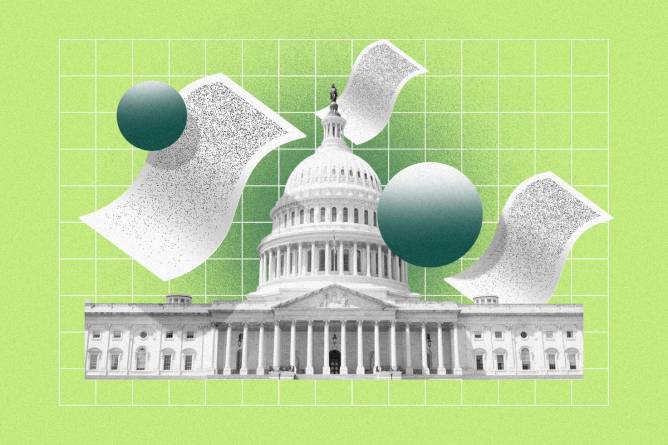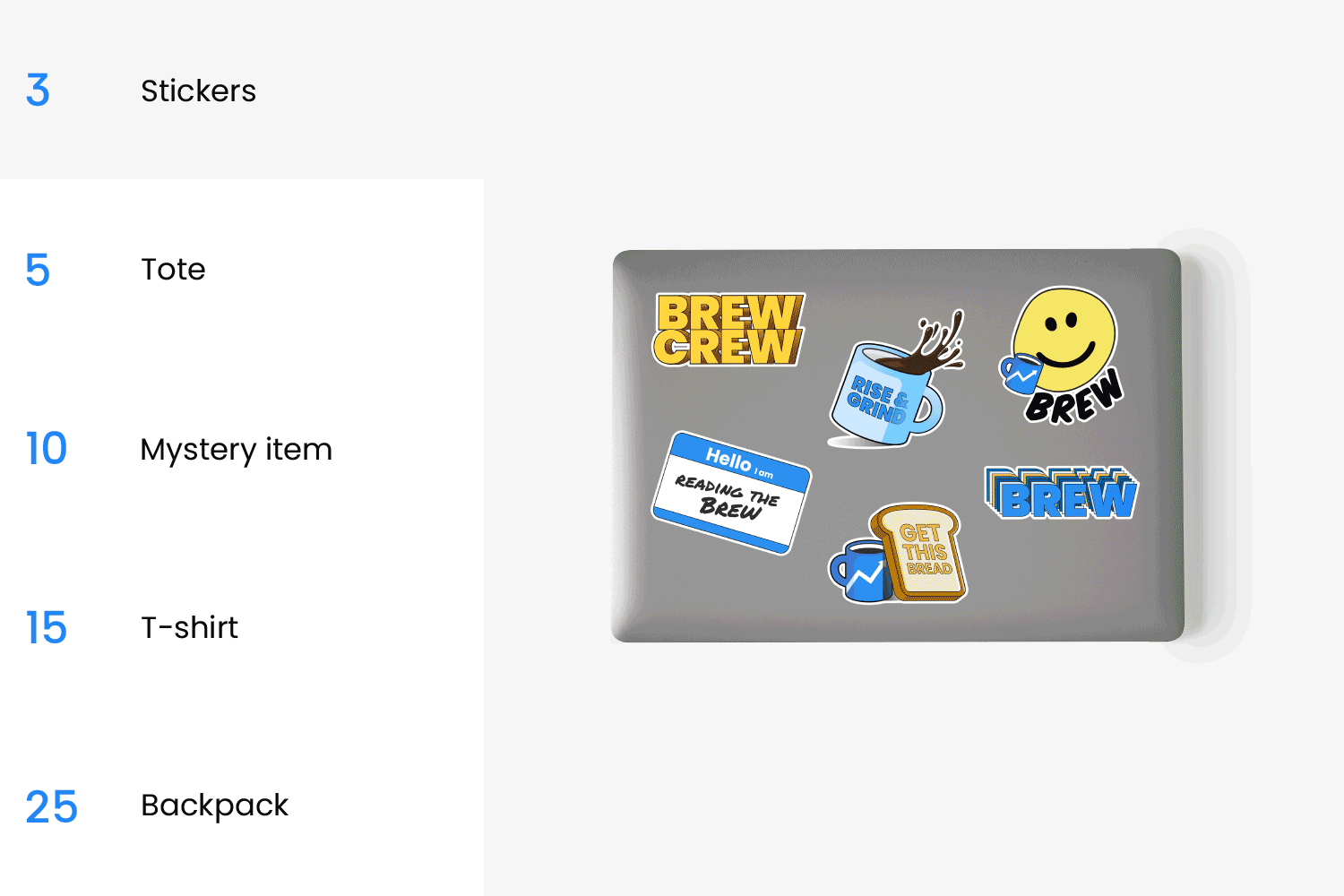|
Gretchen Carlson was originally known for asking fiery questions on Fox News in the 2000s. That changed when, in 2016, she tried to file a sexual harassment lawsuit against her boss, Roger Ailes, and found she was bound to a forced arbitration clause in her contract.
That realization changed the trajectory of her career. Carlson became familiar with the problems associated with forced arbitration policies, and how they impact workers. In 2019, she and Julie Roginsky, a former Fox News contributor who also alleged harassment, founded Lift Our Voices, a nonprofit working to end workplace discrimination.
Now, with a successful civil lawsuit against Ailes, and two new federal laws that ban forced arbitration and pre-dispute NDAs for workplace sexual assault and harassment cases, Carlson wants to end forced arbitration for age discrimination lawsuits.
Forced arbitration 101. The Federal Arbitration Act of 1925 initially stipulated that consumers and employees with a complaint would work through back channels to resolve disputes. However, the law has gained more power in the last four decades.
Keep reading here.—KP
|









